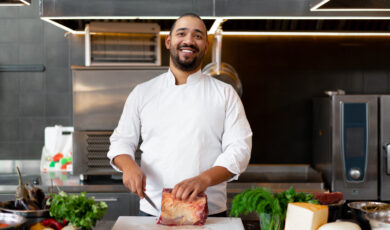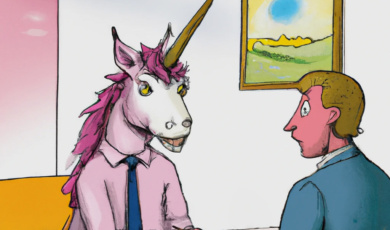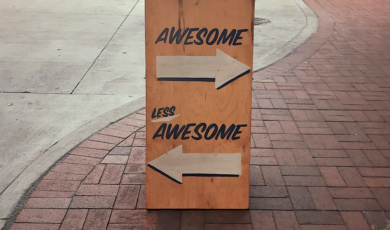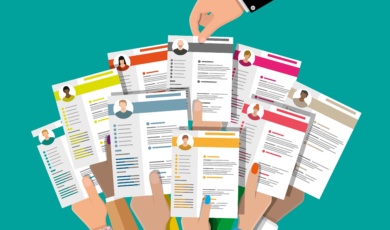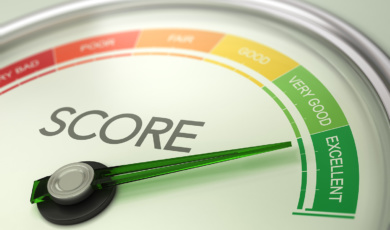Search for a job, search for employees or find more information


Hospitality careers
Behavioural Interview Questions in Hospitality

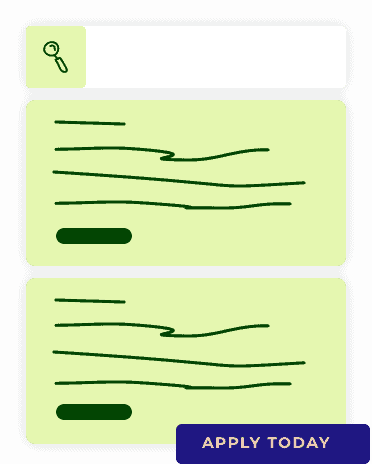
Many of today’s hospitality interviews incorporate ‘behavioural’ interview questions. This is based on the idea that the best predictor of future performance is past performance.
The idea behind this style of interviewing is for the interviewer to get a good idea of your suitability and potential by asking you to give examples of what you have done in your previous roles. It gets people away from answering with what they “would” or “should” do in a certain circumstance (which is only limited by their imagination). This can put people on the spot so preparation makes all the difference.
Preparing for behavioural interview questions
Find examples of interview questions
As you begin preparing for a behavioural interview, collect a list of sample questions. Search for them on the Internet, you may find examples on employer websites – here are some:
- Can you tell me about a time when you’ve experienced conflict in the work setting? How did you resolve the issue?
- How do you communicate goals for your team so that everyone is keen to achieve them?
- Tell me about a time when you were disappointed in the way you performed your duties. What did you do as a result?
- When have you been requested in the past to perform duties that were quite outside of your job description? How did you feel and how did you react?
- How have you gone ‘above and beyond’ to satisfy a difficult customer?
- Describe a situation where you’ve been overlooked for something that another colleague has incorrectly been given credit?
- Can you provide an example of how ‘gut feeling’ enabled you to identify and prevent an event from occurring?
- When working as part of a team, what role do you find yourself naturally fitting into and why?
- Provide an example of when an important initiative of your own was implemented.
- Tell me of an occasion when you failed to meet a deadline. What tasks did you fail to complete? What did you learn from this situation?
- Describe an accomplishment of your own that makes you very proud and why it’s so significant to you?
By understanding the kinds of questions you could be asked, and by preparing possible answers, your confidence will be boosted and you’ll gain an edge.
How to answer
An effective way to answer is in three parts as you’ll read below. First, the question:
“Can you tell me about a time when you’ve experienced conflict in the work setting? How did you resolve the issue?”
The 3 parts of the answer would be:
- The scenario – You would set the scene…
“On a busy Friday night service I had one of the Managers approach me and abuse me for an incorrect order.” - The action you took:
“I gave the manager the correct meal and then after the service had ended I spoke to him in the office and explained that this was inappropriate for him to abuse me in front of my staff.” - The result:
“The manager apologised and the situation was resolved.”
Brainstorm
Brainstorming is one of the most important preparation strategies and will really pay off for your time invested. Once you have a list of sample behavioural interview questions, you’ll notice that the questions may be divided into performance skills or competencies. Common performance skills in hospitality include:
- Coping or conflict – “Tell me about a time when you’ve experienced conflict in the work setting. How did you resolve the issue?”
- Teamwork – “Give me an example of a time when your work group or department worked especially well with another work group or department to accomplish a goal.”
- Flexibility – “Tell me about a time where you had to adapt to a change in the workplace over which you had no control.”
- Initiative – “Give an example of a time when you anticipated problems and were able to influence a new direction.”
Take some time to brainstorm about your past experiences, work experiences, team projects, committee work, and interactions with customers, colleagues, and supervisors. Write down experiences that stand out in your memory and record how you dealt with those situations.
Once you start this process, you’ll be amazed at how many situations you remember. This process will prepare you for the day of your interview, giving you several examples to draw from instead of being put on the spot and coming up empty.
Prepare to respond
Develop a consistent and comprehensive process for answering each behavioural interview question. The SHARE Model is one tool that will guide you through a process to specifically answer questions in a consistent manner:
S Describe a specific Situation
H Identify Hindrances or challenges
A Explain the Action that you took
R Discuss the Results or outcome
E Evaluate or summarise what you learned
It’s really about taking the time to understand what the interviewer is looking for and providing the best example from your experience, easy! To do it well just takes a bit of preparation and practice.
Hospitality Interview Questions
Jobs in hospitality are often fast-paced, requiring teamwork and great communication. Here are some popular interview questions.
Preparing for an interview in hospitality
Take the time to note down some bullet points to jolt your memory during the meeting. The interview is your opportunity to ‘sell’ your skills and highlight your related work experience.
Behavioural Interview Questions
The idea behind this style of interviewing is for the interviewer to get a good idea of your suitability and potential by asking you to give examples of what you have done in your previous roles.
Hospitality Career Planning
By looking ahead and examining what you want from your job, and where you want to be, you will give yourself the benefit of purposeful career planning.

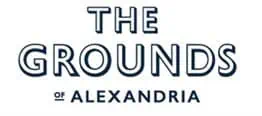
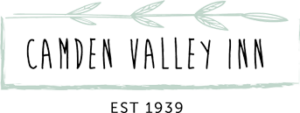






Explore & Learn

Placed Recruitment is Sydney’s and Queensland’s preferred hospitality recruitment agency for hotels, restaurants, clubs, resorts, restaurant groups and cafes.

